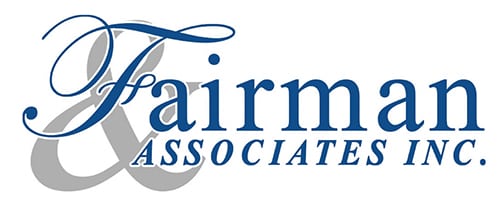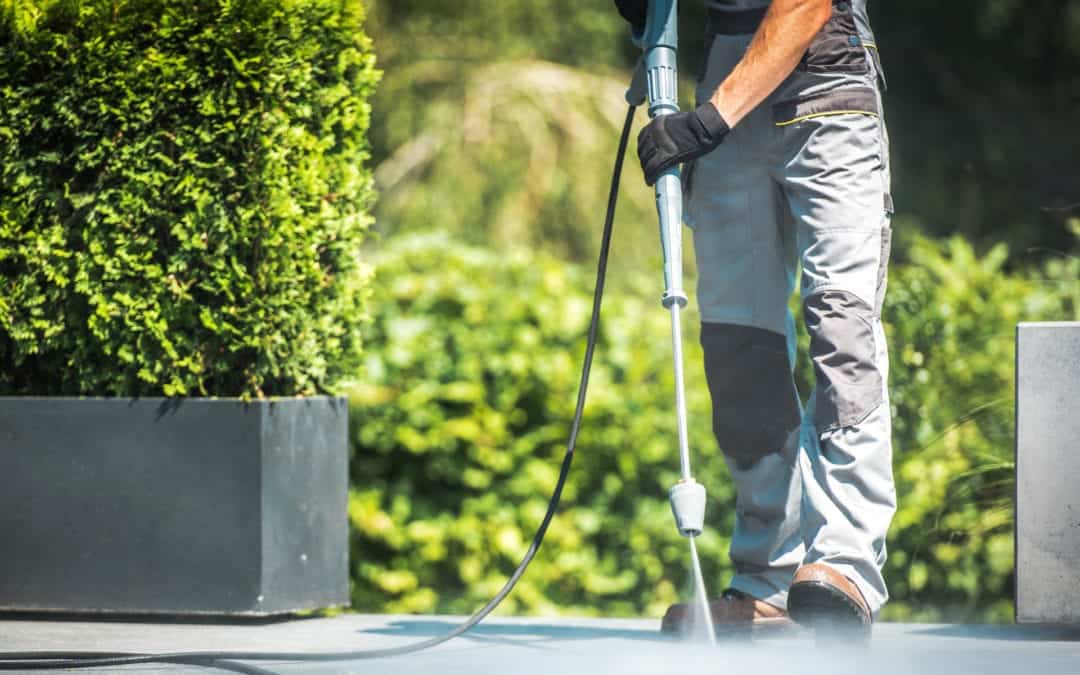If you own commercial property, it’s important to understand the issues that arise with concrete: what to do and what to watch for when it comes to concrete maintenance. Typically, a property management company in Fort Lauderdale, Palm Beach County, or Broward County can help you with maintaining your concrete areas.
To help you, here are some commonly asked questions, with answers from an expert.
What makes concrete slippery?
When we talk about a surface being “slippery” the surface is not typically dry but has a surface contaminant present. This surface contaminant, such as oil or water, therefore can make the surface slippery. Dry surfaces are not slippery unless there might be a surface contaminant such as rounded grains of sand (like ball bearings).
Concrete, in and of itself, is not slippery. Instead, it is the finish applied to the concrete that becomes slippery. Often, city sidewalks, when first poured, are finished with a bristle broom to create small grooves in the concrete. The roughness of this bristle-broom finish provides a high degree of slip resistance. However, this finish can wear down over time due to traffic, and become smoother which reduces the surface roughness. Then, the presence of some contaminant such as rain makes the surface slippery. The concrete could initially be finished with a smooth steel trowel finish, too, and then the concrete surface would be slippery, when wet, from the start.
Why does concrete get very dingy and dirty?
Porosity of the concrete surface allows dirt and water to adhere proportionally. The quality of the finish can be controlled to reduce the concrete porosity to being virtually waterproof. This is isn’t the case with most concrete applications because the cost is significantly higher, given that specific mixtures, with more cement and finer aggregates, and/or special formwork surface preparation are needed.
Though concrete endures and behaves well while being exposed or immersed in water, like most surfaces, prolongated water presence will help dirt and organic materials to adhere. That’s why – like with any other surface on a building – you want to move water away from it as fast as possible.
What’s the best way to maintain commercial hardscapes, such as concrete and brick?
Throughout the year, your commercial property is exposed to South Florida humidity, rain, sprinklers, lawn debris, foot traffic, and auto tires. All these help to cause mold, mildew, dirt, and grime build up. Whether your property is an office building, a strip mall, or an apartment complex, a dirty building and parking area often turns people away. Pressure washing eliminates dirt, debris, mold, and mildew from buildings, sidewalks, and parking lots. The benefits of pressure washing your commercial property include a clean appearance, as well as increased safety for your customers.
What causes those dark stains on my roof?
The formation of mold, mildew, and algae on concrete roof tiles in Florida is a normal occurrence and is primarily due to environmental conditions such as humidity, temperature, and an abundance of airborne plant spores. All roof types including, cement, ceramic, clay tile, asphalt, and fiberglass shingle are susceptible to algae infestation. These growths appear in the roof. These do not affect the performance of the roof tile and are strictly cosmetic.
Pressure washing and preventative maintenance are the best way to deal with this issue. Pressure wash the roof surface to remove the dirt, debris, mold, and mildew. One good pressure wash should last approximately two years, with preventative maintenance done on a yearly basis.
About the Author


